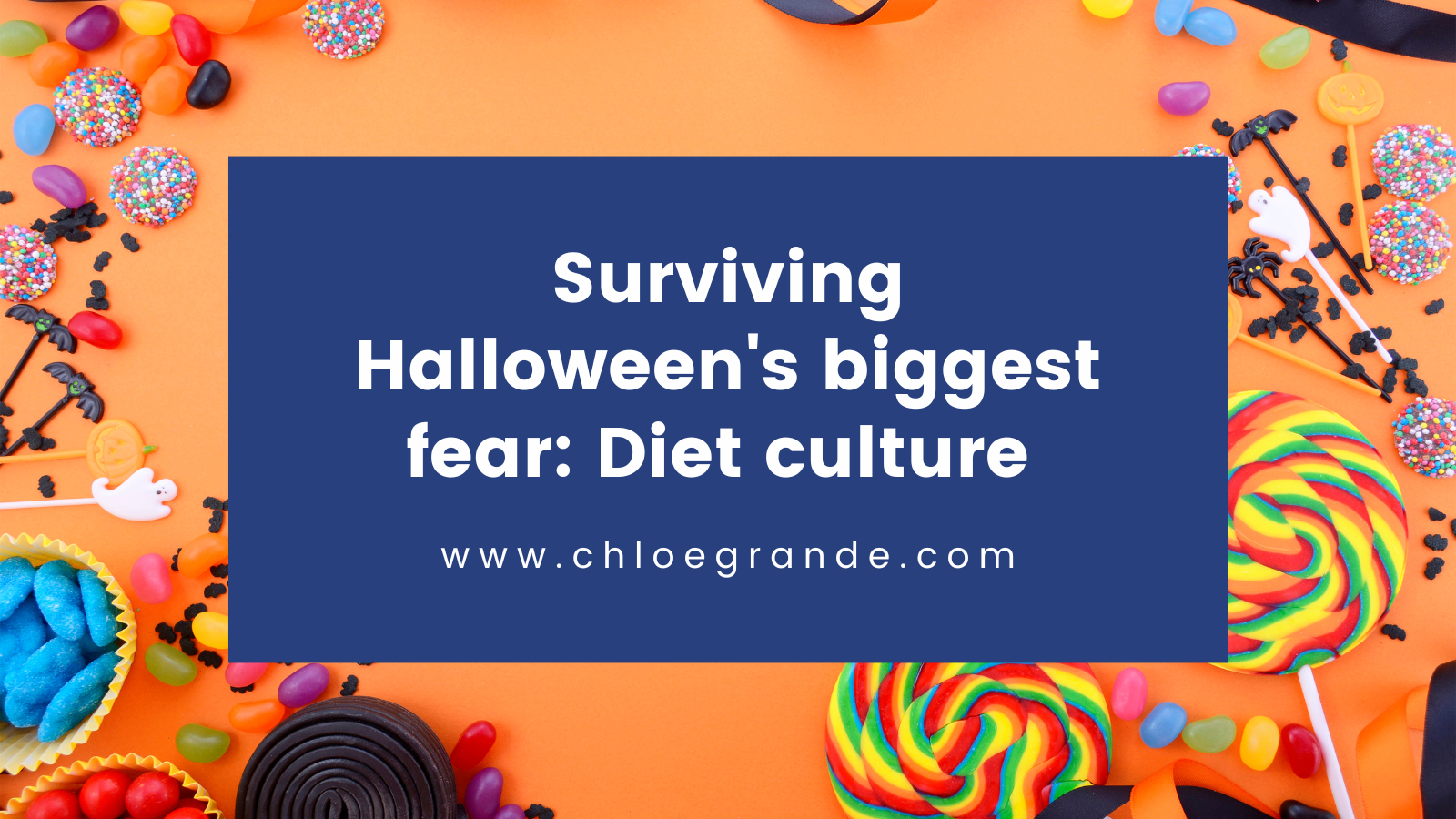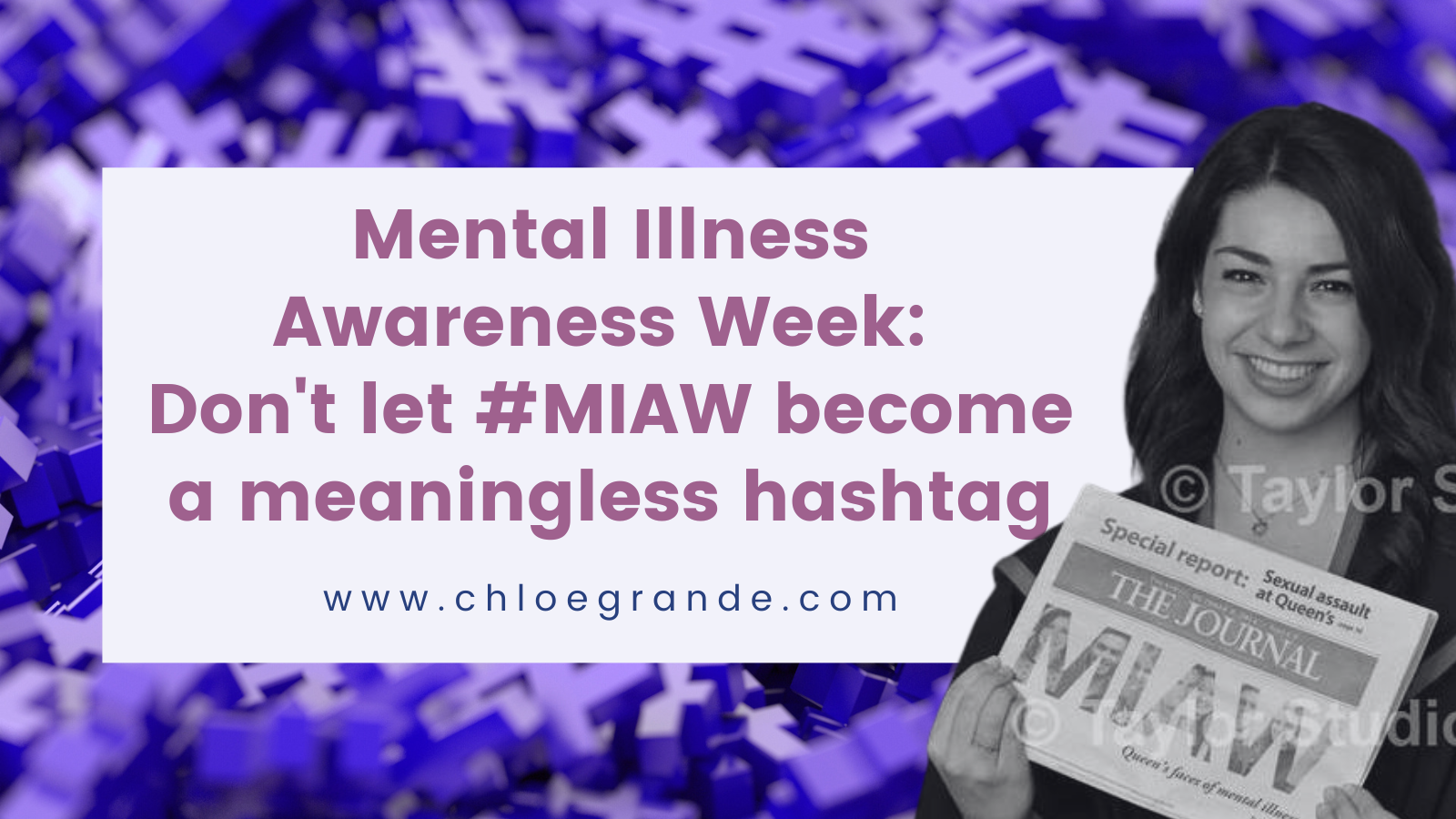Can journaling help with eating disorder recovery? I think so. I’ve been an avid journaler since the age of seven — that’s over 20 years! What’s fascinating is that I can look through my old journals and see when the eating disorder thoughts started creeping in. I went from complaining about math homework to bashing my body in a matter of years.
Looking back, I’m thankful for these records of my deepest, most personal thoughts. It’s uncomfortable to see how much mental suffering I went through during my teens, but I can also see my growth through recovery. I would recommend journalling to anyone looking for a creative, therapeutic outlet.
Here are the top reasons why journaling has helped achieve my eating disorder recovery goals and kept me accountable.
1. Journaling reinforces ideas you’ve learned in treatment or therapy. Brain fog can be a common symptom with mental illness, where you find it hard to focus and think clearly. After therapy sessions, I try to jot down the key points I’ve learned while they’re fresh in my head. I also scribble down notes during sessions. For more therapy tips, check out an earlier blog post on things I wish I knew before starting therapy.
Journal excerpt: “Post therapy recap: Start to notice when I go from anxious to irritated. Practice Assertive Defense of the Self. Work on finding inner voice and on behavioural activation. If we are more outwardly focused, we can better look for evidence. Stick to the facts!” (Sept 8, 2021)
2. Journaling gets you out of your head. In this article from Libero Magazine, the author explains that journaling provides an outlet for ongoing internal dialogue. I agree! For me, it’s easy for negative thoughts to overtake my mind. Writing them out gives them less power and makes me realize that my thoughts aren’t reality. For example, before going to a social event I may worry that everyone will notice how little or much I’m eating, but if I write down those worries I can see there’s no evidence behind those thoughts.
Journal excerpt: “It happened again today — that feeling I get when I think about next year and suddenly I become overwhelmed and start thinking that I’ve made a huge mistake. I think I should make a list to clear my head.” (Feb 23, 2012)
3. Journaling is a good way to record your progress in recovery. Since I started writing in a journal at such a young age, it’s incredible to see how my thoughts have changed. I can pinpoint the approximate time when the eating disorder voice began getting loud — it was the fall of 2008, when I was in grade ten. There’s even been a study published in the Journal of Creativity in Mental Health that found therapeutic writing for clients with disordered eating may improve outcomes and help people express their emotions.
Journal excerpt: “Why do I let my eating disorder control me? I shouldn’t. I won’t. Not anymore. You think you’re normal until people tell you what’s wrong with you.” (Jan 12, 2010)
4. Journaling gives you a hobby that doesn’t take up too much time. When you’re going through recovery, it can feel as though your whole life revolves around food and eating. You may also lack the energy or passion to engage in your usual activities. Journaling offers a distraction — all you need is pen and paper (or a digital way to record your thoughts!). I like to splurge on a notebook that looks nice (coils are a must!) and colourful pens. There are even free apps like Day One and Daylio, though I’m old fashioned and stick to handwriting.
Journal excerpt: “Dear Diary, you are the best! I know what I can do! I can write in you all night long, well at least until 8:30 pm.” (Nov 15, 2001)
5. Journaling puts your life in perspective. Something that may seem like a big deal at the time — for instance, eating an extra helping of dessert or skipping workouts when you feel down — really aren’t that catastrophic if you step back and look at the bigger picture. While it’s helpful to jot down your thoughts of the day, I try reflecting on long-term goals as well. What do you look forward to in recovery? How will your life improve without the eating disorder?
Journal excerpt: “I keep bingeing. It hurts — physically and emotionally. Tomorrow is a new day. You WILL be okay. I want to be better, I need to be. You can do it, Chlo.” (Jan 11, 2015)
I’ll be the first to admit it, journaling can be intimidating! There’s a misconception that you need to do it every day, consistently and without fail, for it to count. That’s not true. I wouldn’t have journaled nearly my whole life if I forced myself to write daily. Sometimes I write twice a day, other times I go weeks in silence. It’s completely up to you!
Whether you give bullet journaling a chance or prefer handwriting in a diary each morning, I can attest that journaling has helped so much with my own eating disorder recovery. It’s all about being patient, kind and gentle with yourself. You may even see yourself from a completely new perspective. ❤️
P.S. If you want more about this topic, I’ll be doing an Instagram Live on Thursday, November 11 at 8 pm EST to chat about eating disorder journal prompts. Follow me on Instagram to listen in!




So insightful. Journaling is an amazing outlet and so therapeutic.
Thank you, Daphne! It really is rewarding in so many ways,
This post really puts into perspective how beneficial journaling can be. I wish I had kept a journal all these years, it would be so nice to look back at my progress. This post has me feeling very inspired to journal – thank you for the much needed nudge!
So glad you found the post helpful, Victoria! It is never too late to start journaling. I frequently take breaks from writing so even I struggle with consistently sometimes. Hope you find it as beneficial as I did ❤️
I agree with your about the value of journalling ! making that inner dialogue concrete does take the power away from the obsessive ruminations and judgements that many of us face. Another healthy post, Chloe
Taking away its power is key! Thanks for the comment, Mom — you helped teach me the importance of writing & journaling ❤️